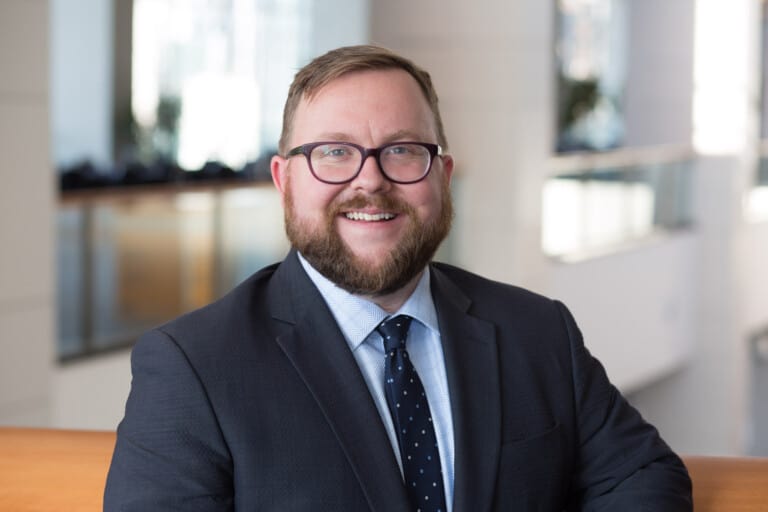Christofer Nelson has served as president and CEO of the Association of Science and Technology Centers (ASTC) since 2020, supporting almost 700 science and technology centres, museums and allied organisations to create increased understanding of and engagement with science.
“Christofer has put ASTC on the map as a global leader and important player among scientific societies museum associations, and organizations committed to STEM education,” said one nominator.
“Importantly, he has positioned science centers and museums around the world as key players in their communities, helping facilitate community conversation and action on issues related to science and technology. This includes facilitating science centers’ involvement in Seeding Action, designed to activate science centers in creating a culture of active hope around issues of planetary action.”
Nelson has a BA in Political Science and Government from American University and also studied Business and Theology at Seattle University. During his career, he has held several positions in the field of science engagement, including assistant director for open innovation at the White House Office of Science and Technology Policy and director of content at the USA Science & Engineering Festival, the largest science festival in the country.
He was originally appointed as ASTC’s chief operating officer in early 2018, where he was responsible for leading the organisation’s operational and financial transformation. Working with then-president and CEO, Cristin Dorgelo, he participated in field-wide listening exercises before co-authoring the ASTC’s current strategic direction.
Following Neslon’s appointment as president and CEO, the Association of Science and Technology Centers continued to pursue these goals and sought to enhance its support for its members as they emerged from the COVID-19 crisis.
“While this global pandemic and the resulting economic recession have had a significant impact on our member institutions—with all closing to the public for extended periods in order to help safeguard the health of their communities—this crisis has also plainly shown the vital importance of our members’ collective work to create more science-engaged communities,” Nelson said.
“Science and technology centres and museums have a vital role to play in providing greater access to opportunity through lifelong learning in science, technology, engineering, and math, while joining with their communities to address the most important global challenges of our era.”
